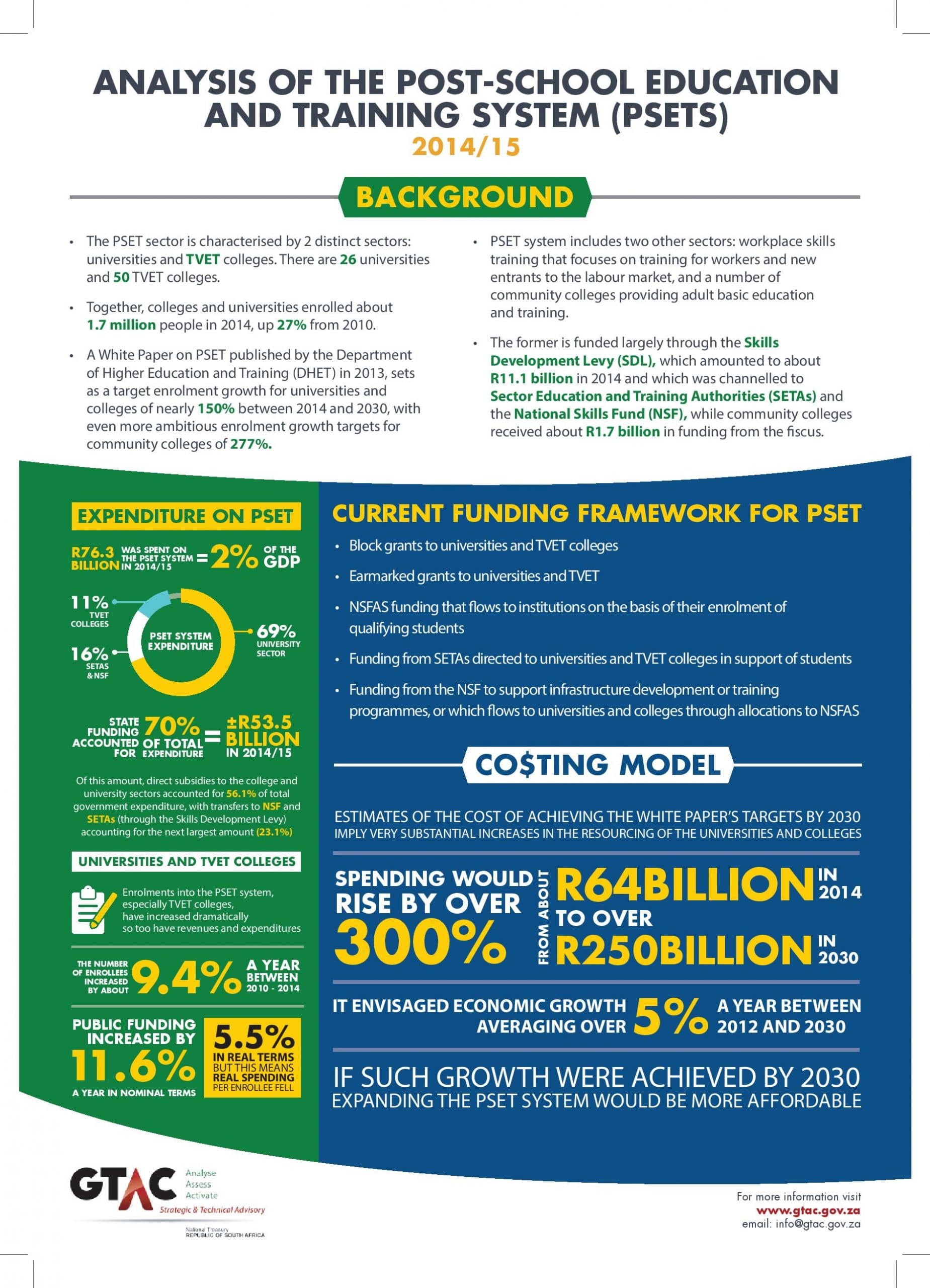
Why Is Learning and Culture Allocated the Highest Amount? Facts in South Africa
Introduction
Education and culture play a pivotal role in the development and well-being of any society. In South Africa, these sectors have been consistently allocated the highest amount of funding in the national budget, underscoring their importance to the country’s future. This essay will delve into the reasons behind this allocation, examining the empirical evidence and the transformative impact of learning and culture on South African society.
Constitutional Mandate
The Constitution of South Africa places a strong emphasis on the right to education and cultural expression. Section 29(1) states that “everyone has the right to a basic education,” while Section 30(1) guarantees “the right to use the language and participate in the cultural life of their choice.” These constitutional provisions create a legal obligation for the government to allocate sufficient resources to ensure the realization of these rights.
Human Capital Development
Education is widely recognized as a key driver of economic growth and social progress. By investing in education, South Africa is investing in its human capital, equipping its citizens with the skills and knowledge necessary to participate in the modern economy. A well-educated workforce leads to increased productivity, innovation, and competitiveness, ultimately contributing to the country’s overall prosperity.
Social Cohesion and Nation-Building
Culture plays a vital role in shaping national identity and fostering social cohesion. By supporting cultural activities and institutions, South Africa is promoting a sense of shared heritage and belonging among its diverse population. Cultural expression allows people to connect with their roots, celebrate their traditions, and appreciate the richness of their country’s history.
Addressing Inequality and Poverty
Education and culture are powerful tools for addressing inequality and poverty. By providing access to quality education, South Africa is creating opportunities for individuals from disadvantaged backgrounds to improve their lives. Education empowers people with the knowledge and skills they need to secure employment, earn a decent income, and break the cycle of poverty.
International Obligations
South Africa is a signatory to several international agreements that promote education and culture. These include the United Nations Convention on the Rights of the Child, which recognizes the right of every child to education, and the UNESCO Convention on the Protection and Promotion of the Diversity of Cultural Expressions, which aims to safeguard cultural heritage and promote cultural diversity.
Empirical Evidence
Numerous studies have demonstrated the positive impact of education and culture on South African society. For example, a study by the World Bank found that an additional year of schooling increases an individual’s earnings by 10%. Another study by the University of Cape Town showed that cultural participation is associated with higher levels of social capital, civic engagement, and well-being.
Transformative Impact
The allocation of the highest amount to learning and culture in South Africa has had a transformative impact on the country. Over the past two decades, the literacy rate has increased significantly, and access to education has been expanded to all citizens. The country has also witnessed a flourishing of cultural expression, with a vibrant arts scene and a growing recognition of indigenous languages and traditions.
Challenges and Opportunities
Despite the progress made, South Africa still faces challenges in the areas of education and culture. These include persistent inequalities in access to quality education, the need to improve the quality of teaching and learning, and the challenges of preserving and promoting cultural heritage in a rapidly changing world. However, these challenges also present opportunities for further investment and innovation.
Conclusion
The allocation of the highest amount to learning and culture in South Africa is a testament to the country’s commitment to the development and well-being of its citizens. Education and culture are essential pillars of a thriving society, providing the foundation for economic growth, social cohesion, and individual fulfillment. By investing in these sectors, South Africa is investing in its future and creating a more just and equitable society for all.
